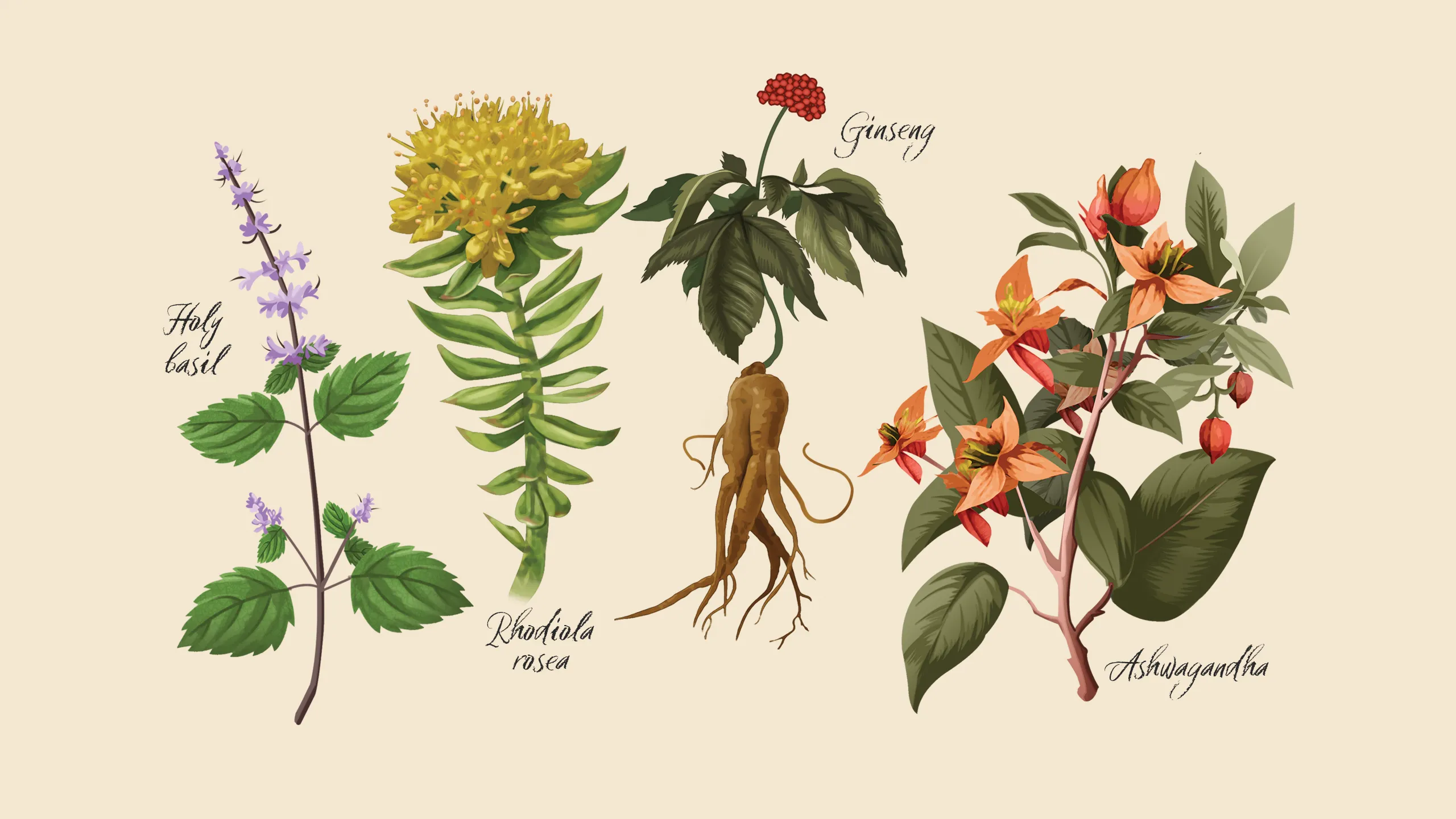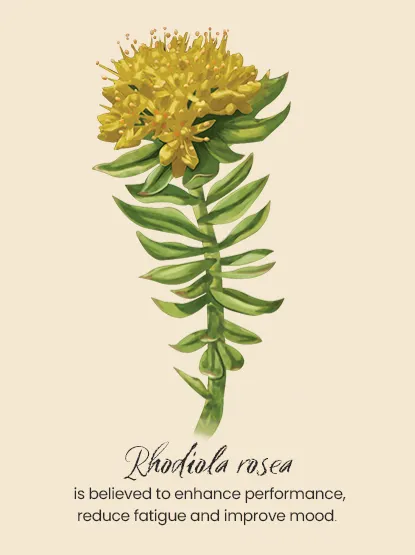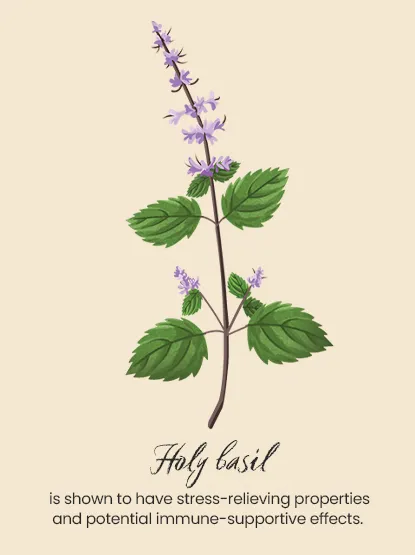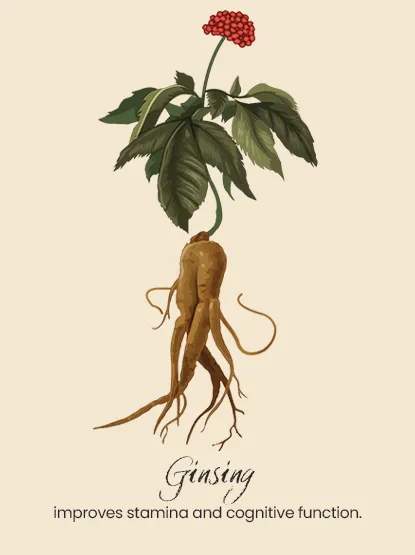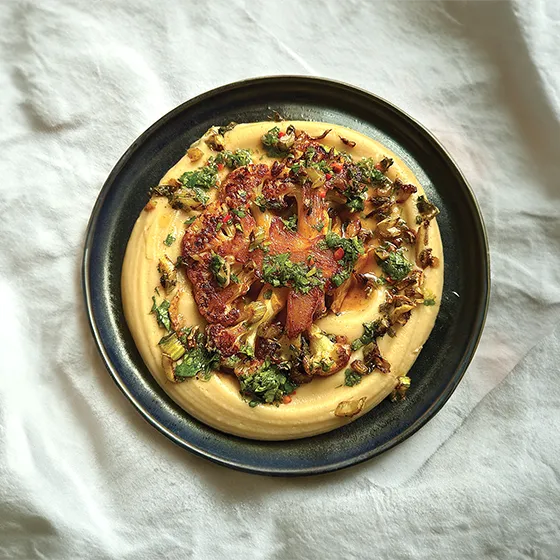For many centuries, adaptogens have played an essential part in traditional medicine: aiding stress management, enhancing cognitive ability and helping to regulate energy levels. Adaptogens are herbs and mushrooms taken to improve the body’s ability to cope with physical, mental and emotional stressors, boost cell resilience and immunity, and improve overall wellbeing. And while the term ‘adaptogens’ may be new, the ingredients will certainly sound familiar. NBA star LeBron James has spoken about his use of the herb ashwagandha, while ginseng and holy basil are also used by athletes for their natural restorative qualities.
What adaptogens do
The plant compounds found in the likes of ginseng and ashwagandha are said to improve cell function, helping the body to use oxygen and energy more effectively. Adaptogens also assist in the processing of waste such as lactic acid to cleanse the body, making it less prone to fatigue and infection in the process.
As with many alternative or natural therapies, there’s some scepticism as to the extent of their benefit. But several clinical trials have demonstrated that adaptogens can and do exert an anti-fatigue eff ect on cells.
Small-scale trials, including a study of 18 endurance athletes, found that those supplementing with the adaptogen Rhodiola rosea showed a significantly decreased heart rate during warmup, and increased their speed over a six-mile bike time trial. Venus Williams has also mentioned incorporating adaptogens such as Rhodiola rosea into her routine.











